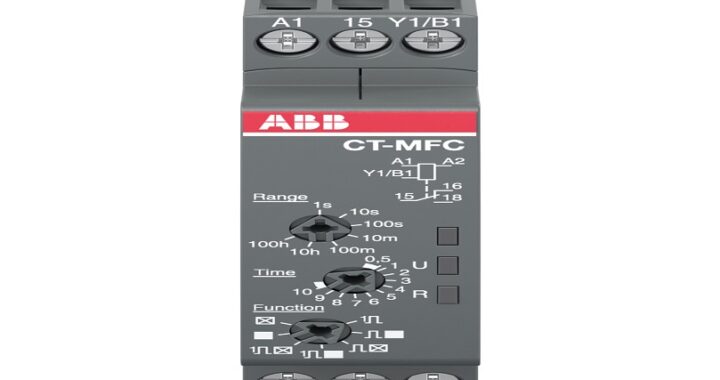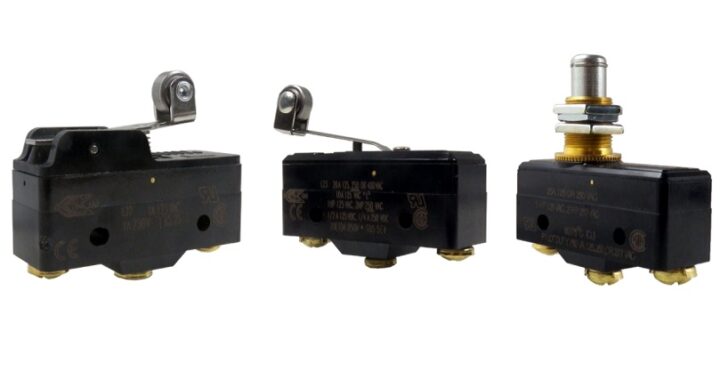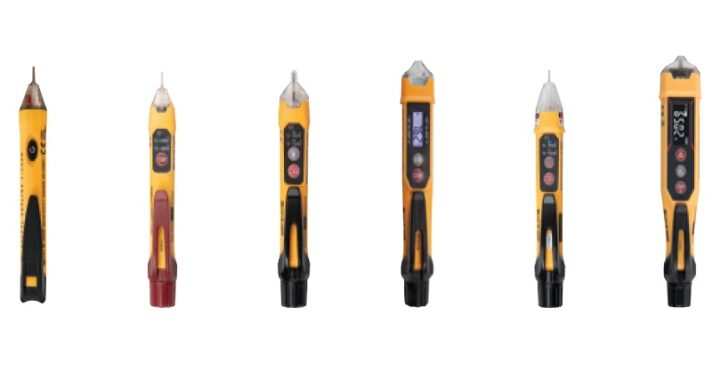Latching vs Non-latching Relay: Understanding the Differences

Very often even in technical literature ‘‘latching relays’’ and ‘‘non-latching relays’’ are mixed up. In fact, they have different features. In this article, we will explore the differences between latching and non-latching relays and discuss when each type is best suited for use.
Differences Between Latching and Non-latching Relay
The differences between a latching and non-latching relay are the following:
1. Definitions
A latching relay picks up under the effect of a single current pulse in the winding and remains in this state when the pulse stops affecting it, that is when it is locked. Therefore, this relay plays the role of a memory circuit. It is also known as bistable, keep impulse or lockup relay. Non-latching relay is a standard mechanical relay and it needs a continuous current in the winding to remain in its contact position.
2. Energy saving
A latching relay helps to reduce power dissipation in the application circuit because the coil does not need to be energized all the time. But a non-latching relay needs to be energized all the time. Therefore, a non-latching relay consumes more power compared to a latching relay.
As illustrated in the figure, the contacts of a latching relay remain in the operating state even after the input to the coil (set coil) has been removed. As shown in the figure, the double-coil latch-type relay has two separate coils each of which operates (sets) and releases (resets) the contacts.

3. Noise
The latching relay has noiseless switching for maximum comfort in household applications. Non-latching relay hums when they are operating.
4. Sensitivity
Unlike non-latching relays, the latching relay is not designed to be used as highly sensitive ones. As far as the latching relay is concerned, it does not possess extraordinarily high sensitivity. Sometimes it is impossible to distinguish between a non-latching relay and a latching relay. Their body may look the same.
5. Knob availability
The latching relays have indicating knobs that can also be used to operate the relay position manually. This feature does not available in all types of non-latching relays.
6. Applications
Although latching relays are super effective, they do not have a wide range of application areas. But non-latching relays can be used anywhere in automation and electronics. Non-latching relays are perfectly suitable for use in a wide range of applications including household appliances, vehicle engines, industrial machinery and medical and telecommunication equipment.
7. Price and market size
The prices of latching relays are more expensive than non-latching relays. Moreover, the market size of non-latching relays is bigger than latching relays.
8. Lifespan
Every product has a finite service life. This means that no product can continue normal service infinitely. When a product has broken down, the user may throw it away or repair it. The service life of a non-latching relay is longer than a latching relay.
In conclusion, it is important to understand the differences between latching and non-latching relays as they have different features and are suited for different applications. While latching relays are energy-saving and have noiseless switching, they are not as sensitive and have a more limited range of applications compared to non-latching relays. On the other hand, non-latching relays are more widely used and have a longer service life but consume more power and produce noise during operation. Additionally, latching relays tend to be more expensive than non-latching relays. Therefore, it is essential to carefully consider the specific requirements of a given application in order to choose the most appropriate type of relay.

 Types of Timer Relays and Their Applications
Types of Timer Relays and Their Applications  Relay Applications: Real-Life And Industrial Examples
Relay Applications: Real-Life And Industrial Examples  Types of Micro Switches and Their Applications
Types of Micro Switches and Their Applications  Best Voltage Testers for Home Use: 2023 Edition
Best Voltage Testers for Home Use: 2023 Edition  Advantages of Transducers for Optimal Measurement
Advantages of Transducers for Optimal Measurement  Advantages of Infrared Sensors: Improved Accuracy and More
Advantages of Infrared Sensors: Improved Accuracy and More